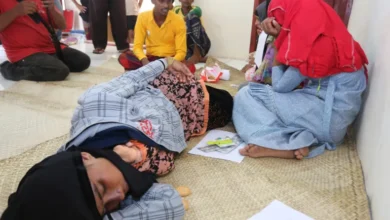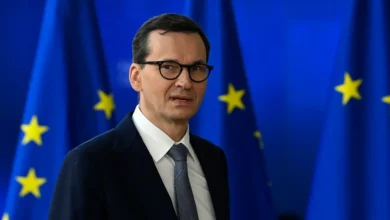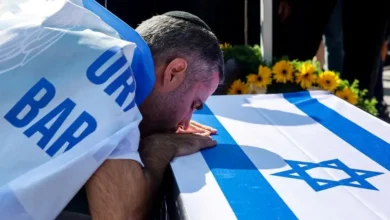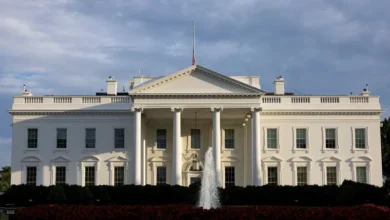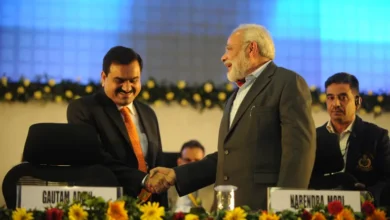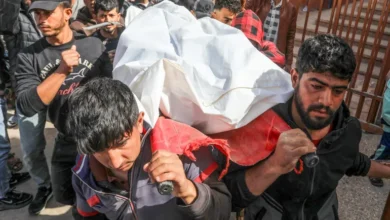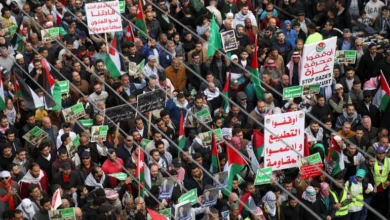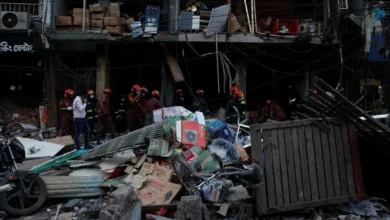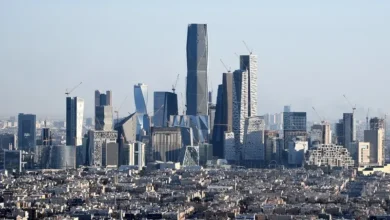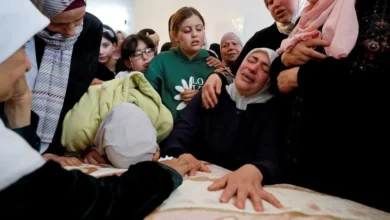Pakistan’s political deadlock deepens as PTI withdraws from negotiations
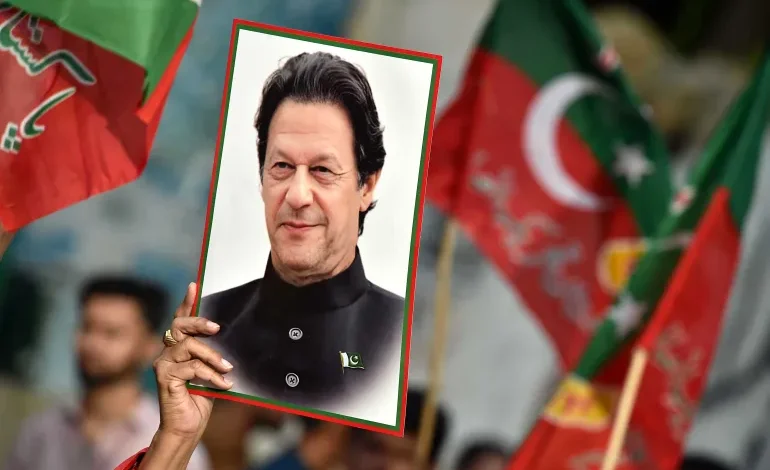
Former Pakistan Prime Minister Imran Khan’s party has decided to walk out of talks with the government aimed at defusing tensions that have dominated the country’s political landscape for the past three years, prompting fears of new street confrontations between the opposition party and law enforcement.
After three rounds of talks, Khan’s Pakistan Tehreek-e-Insaf (PTI) had placed the onus on the government to consider its charter of demands, which it presented during the last dialogue on January 16. However, a week later on Thursday, PTI chairman Gohar Ali Khan announced that the party would withdraw from negotiations following instructions from Khan, who has been imprisoned since August 2023.Speaking to reporters outside Adiala Jail in Rawalpindi, where the former PM is held, Ali Khan said the PTI founder had “categorically” directed that no further negotiations should take place because the government had not agreed to form judicial commissions to investigate the violent events of two seminal days in Pakistan’s recent history.
“The government made announcements but has yet to follow through, which is why Imran Khan decided to end the negotiations,” Ali Khan told the media on Thursday.
However, government officials insist that it had made no decision yet on the demand for judicial commissions. For its part, the government said it had formed a sub-committee and was consulting coalition partners involved in the negotiating team.
Senator Irfan Siddiqui, a member of the government committee, questioned the PTI’s sudden decision to pull out of the talks when consultations were still ongoing.
“When did we say that we would not form a judicial commission? We took these demands very seriously,” Siddiqui said on Thursday evening. “We held talks among ourselves. What the PTI said about pulling out is very regrettable. I do not understand what happened in these seven days,” he added.
“Continued struggle”
The talks between PTI and the government began in December last year, aiming to de-escalate the political tension that has gripped the country since April 2022, when Khan’s PTI government was toppled through a parliamentary vote of no confidence.
Three rounds had taken place, during which the PTI presented a charter of demands, including forming two judicial commissions and releasing “political prisoners”.
Ali Khan, acting as PTI’s chairman in the absence of Imran Khan, stated that the party would continue protests and engage with other political parties across the country.“We will continue our struggle in accordance with the Constitution and the law,” he remarked. “We will initiate a movement in collaboration with all political parties.”
The two judicial commissions PTI demanded were meant to investigate the events of May 9, 2023, and November 26, 2024.
In May 2023, former Prime Minister Khan was briefly detained in a corruption case in which he was eventually convicted last Friday.
During his brief detention, PTI supporters launched violent protests nationwide, targeting public buildings and military offices and installations, including the army headquarters in Rawalpindi.
In the aftermath, thousands of PTI workers and leaders were arrested, and more than 100 were tried in secretive military courts, with at least 80 recently sentenced to three to 10 years in prison. Imran Khan also faces charges of inciting mutiny and “terrorism” related to those events.
In November 2024, PTI launched a march to Islamabad, calling it the “final call” for Imran Khan’s release. However, law enforcement dispersed the protesters, with PTI claiming 12 workers were killed by security forces in the clashes, a figure the government denies.
“Bolt out of nowhere”
The opening of talks between the two sides had been viewed as a positive step, raising hopes of a return to regular parliamentary politics at a time when the country faces increasing security challenges in the form of growing attacks from armed groups.
Aqeel Malik, the government’s legal affairs spokesperson, expressed surprise at the PTI’s decision, calling it a “bolt out of nowhere”.
“We had agreed on seven working days, and our consultations were ongoing carefully on the demands PTI had presented, discussing with coalition partners and seeking legal advice,” Malik said.
